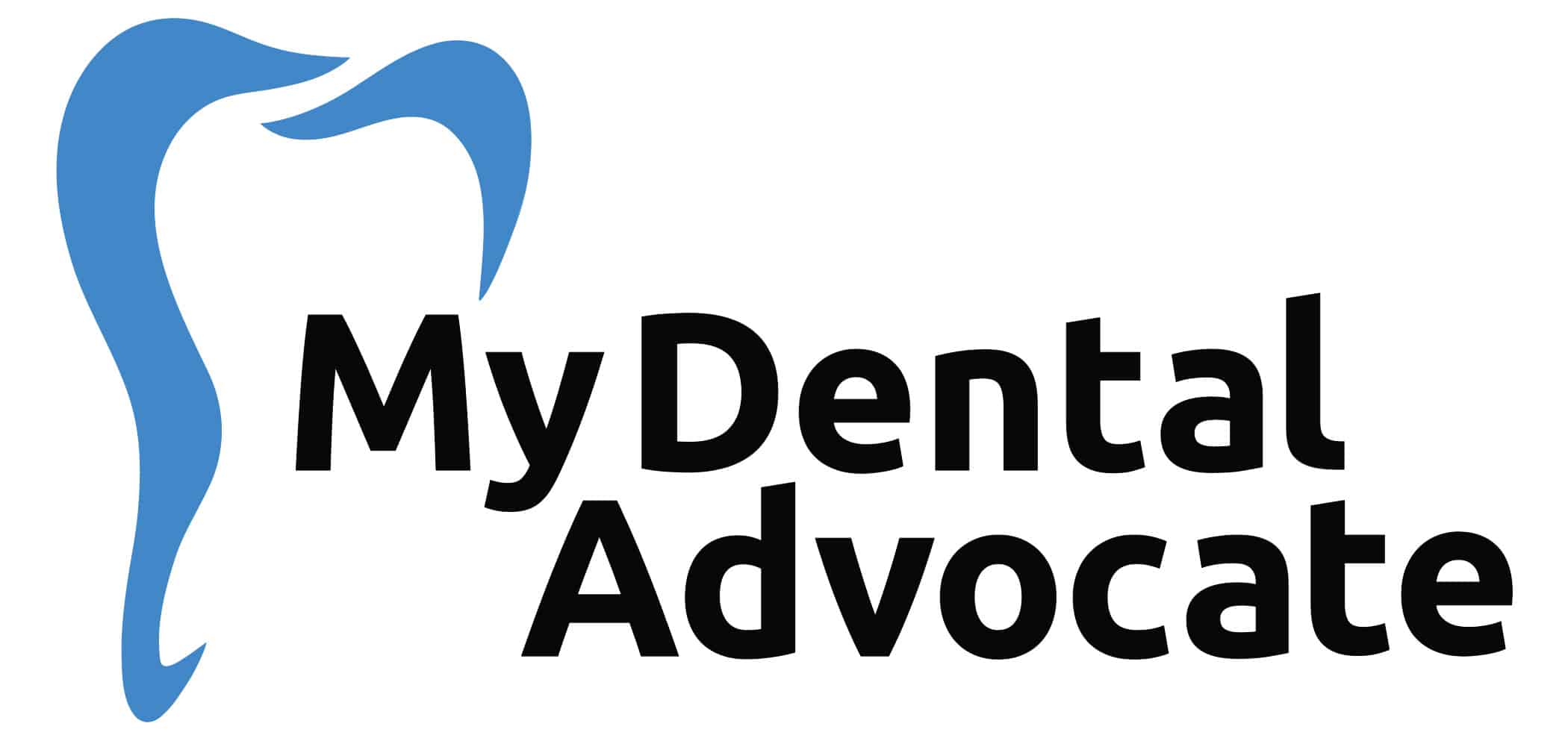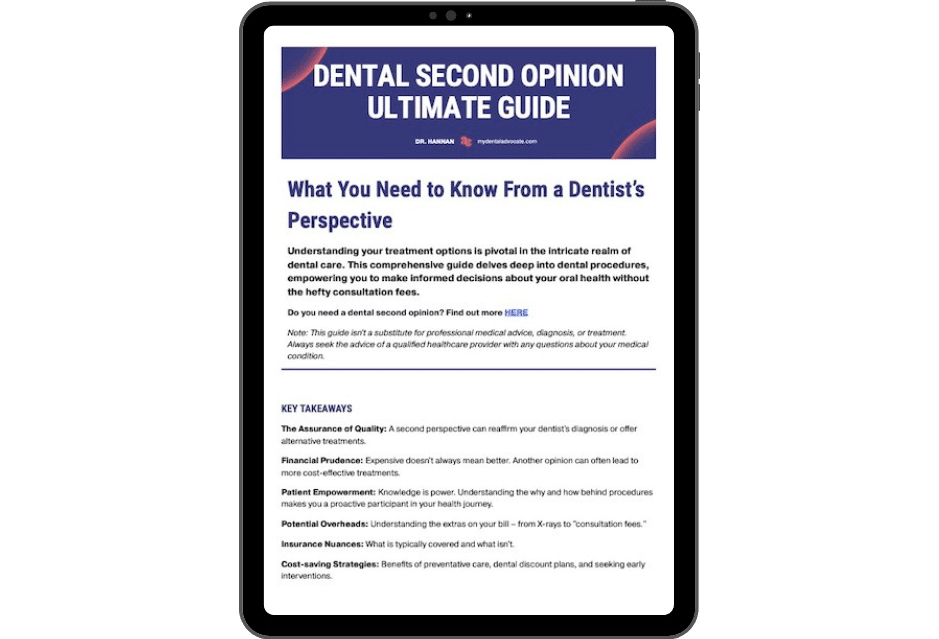What to Eat After Wisdom Teeth Removal? (Dentist Advice)
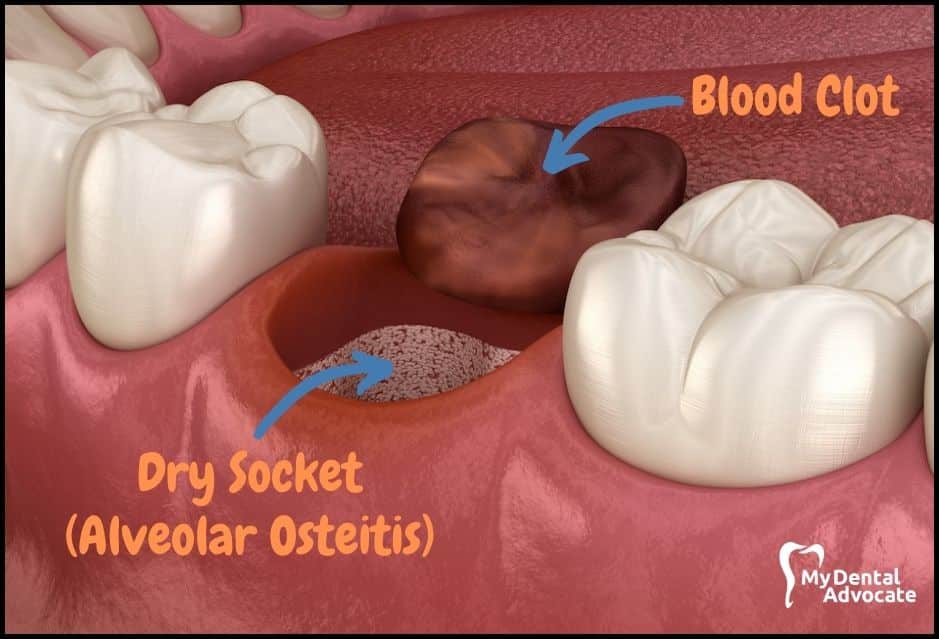
So you just had your wisdom teeth removed; you’re exhausted but hungry and ready to eat.
Unfortunately, the oral surgeon wants you to stay on a soft food diet for at least two weeks, and you don’t know what to eat.
This article explains what foods to eat after wisdom teeth removal, including the best and worst foods.
In addition, follow our 7-day dentist-recommended eating plan to decrease your pain, increase recovery and maintain health.
Need Dental Advice? Ask Dr. Hannan!
Helpful Tips to Prevent Dry Socket
A dry socket occurs when the blood clot fails to form or falls out of the socket.
As a result, the exposed bone becomes infected and causes severe pain, predominantly in the lower extraction sites. Dry sockets commonly occur around day 3 or 4 and are highly unlikely to occur after one week.
According to the literature, dry socket pain can last 7-14 days after surgery, and the total healing time is increased. We’ve listed 5 helpful tips to prevent dry sockets.
Recommended Reading: Wisdom Teeth Pain: Symptoms, Relief & Home Remedies (Helpful Tips)Recommendations
- Soft-Food Diet (1-2 Weeks): Stick to soft foods to protect your gums and stitches. They’re easier to eat when your jaw is sore and ensure you get enough nutrition without much chewing.
- Avoid Crunchy, Hot, & Spicy Foods: Resist chips, spicy, and hot foods. They can harm blood clots or stitches and irritate gums, delaying healing. Choose cooler, milder foods instead.
- No Spitting, Swishing, or Straws (48 Hours): Protect the blood clot in your socket. Avoid actions like spitting or using straws that could dislodge it and delay healing.
- No Smoking & Chewing Tobacco (48 Hours): Smoking hinders healing and can disrupt the blood clot. Avoid it to ensure a smoother recovery.
- Eat, Drink Water, & Sleep: Post-surgery, focus on rest, healthy eating, and staying hydrated. Plan your surgery around a time when you can relax and recover peacefully.
Serving Size Suggestions (Soft-Food Diet)
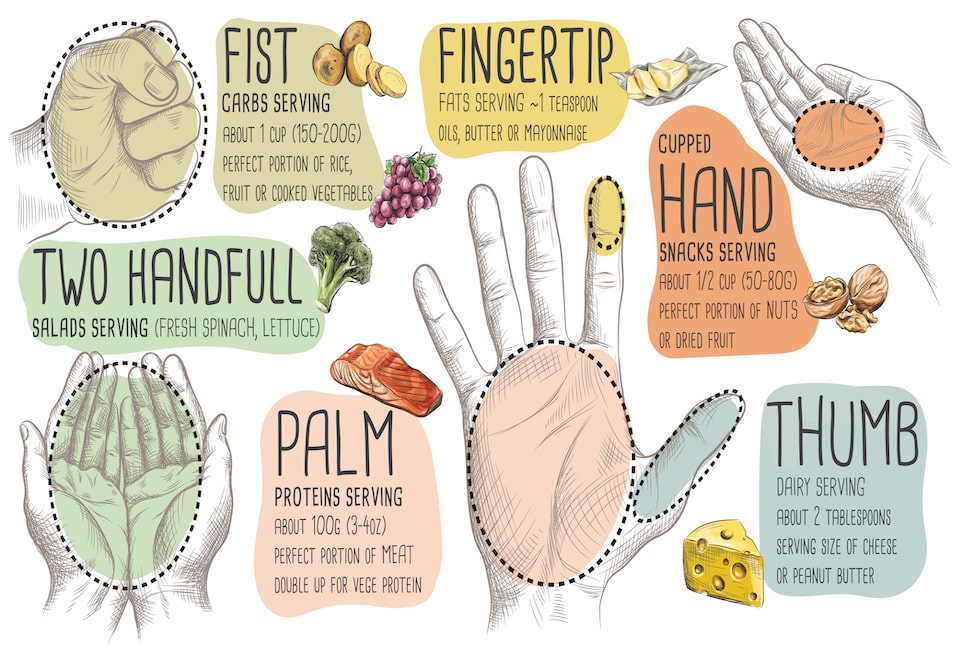
Your oral surgeon will advise you to stay on a soft-food diet for 1-2 weeks.
The diet allows time for your mouth, jaw muscles and gums to heal.
A change in diet after wisdom tooth extraction can prevent you from getting adequate nutrients.
The amount of food intake begins with the number of servings and serving size.
Serving Size Suggestions
- 2 servings of protein
- 2 servings of carbohydrates & dairy
- 5 servings of fruits & vegetables
What to Eat After Wisdom Teeth Removal? (BEST Foods)
During wisdom teeth surgery, your body spends countless calories; now, it’s time to replenish your body with healthy, nutritious foods.
How is that possible with a sore mouth and soft-food diet restriction?
Pulling wisdom teeth can improve long-term taste function, research finds
Fortunately, many foods are nutritious, soft and high in protein. For example, scrambled eggs contain protein, essential vitamins, and minerals. Protein is vital to repair and heal your mouth after surgery. Other high-protein foods include cottage cheese and fish.
Carbohydrates are also crucial as they provide energy and stamina. Foods rich in carbohydrates include oatmeal, pasta and applesauce. In addition, carbohydrates are filling and satisfying, which is essential when it’s uncomfortable to eat.
Healthy Foods
Protein
- Scrambled eggs
- Cottage cheese + fruit/salsa
- Smoothies
- Protein shakes (Boost)
- Salmon (flaky fish)
- Tuna (shredded)
- Chicken (shredded)
- Ground turkey/beef
- Hummus/refried beans
- Lentils
- Tofu
Carbohydrates
- Pasta (mac & cheese)
- Mashed potatoes
- Pancakes
- Waffles
- Ice cream
- Nut butter (peanut, almond)
- Pudding
- Soft bread
- Oatmeal
- Cooked rice
- Gelatin desserts (Jell-O)
Fruits & Veggies
- Bananas
- Seedless fruit
- Applesauce
- Watermelon (seedless)
- Veggies (steamed)
- Canned fruits
- Canned vegetables
- Avocado
- Melon
- Grapes
- Mango
Stay Hydrated
Don’t forget about the importance of staying hydrated after oral surgery!
Your body relies on water for all aspects of living, including breathing, pumping blood and tissue repair. Consider the 8×8 rule. Drink 8 oz of water 8 times per day. In addition, water helps improve blood flow and increase blood volume.
Both are essential to blood clot formation.
If the blood clot prematurely falls out, a dry socket will form. This severe condition should be avoided at all costs.
What Not to Eat After Wisdom Teeth Removal? (WORST Foods)
Foods that are spicy, hot, crunchy, crumbly or chewy can delay wound healing. In addition, alcohol may irritate the healing tooth socket and interfere with prescribed pain medication.
Finally, avoid seeds as they can get lodged in the tooth socket, aggravate gum tissue, and disturb blood clot formation.
Foods to Avoid
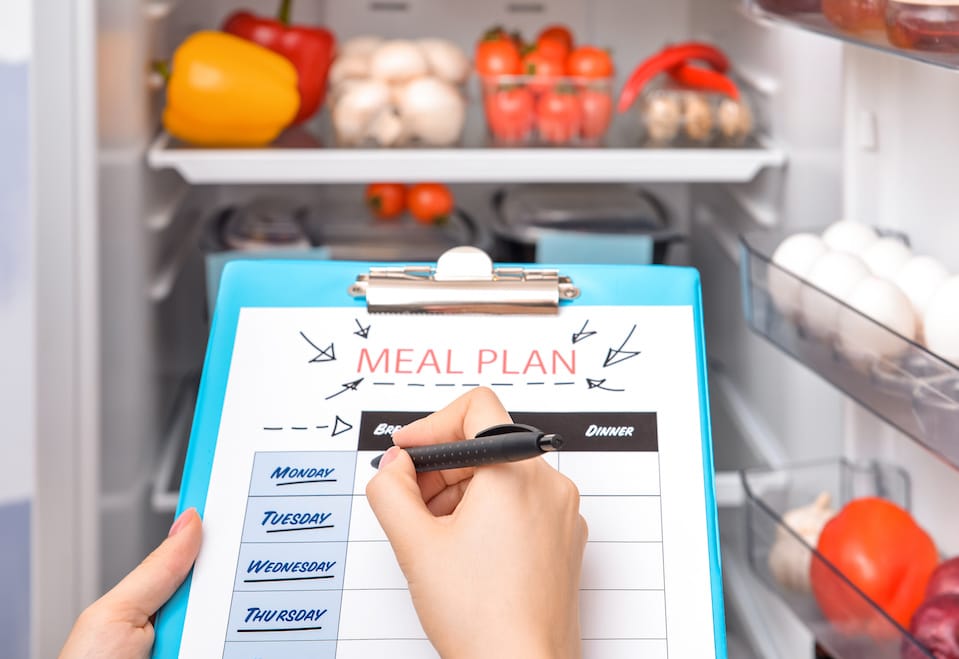
- Spicy foods (irritates gum tissue)
- Hot foods (damages blood clots)
- Crunchy foods (irritates sore jaw)
- Chewy foods (irritates sore jaw)
- Acidic foods (irritates gum tissue)
- Seeds & nuts (Irritate tooth socket)
- Alcohol (delay healing)
Worst Foods
- Chips
- Hot soup
- Steak
- Pizza
- Nuts
- Pretzels
- Popcorn
- Hard bread
- Gum & candy
- Raw vegetables
- Unripe fruit
- Dried fruit
- Jerky
- Granola
Immediately after wisdom teeth extraction, your lips and mouth will be numb so stick with liquid foods for the first 24 hours, including smoothies and shakes.
Check out our 7-day dentist-recommended eating plan for healthy suggestions.
7-day Dentist-Recommended Eating Plan
Hours after surgery, you’ll want to follow your post-op instructions and recommended guidelines for eating. Healthy and nutritious foods are essential for the best recovery possible.
Remember that your mouth will be incredibly sore, so be patient when eating as it may take longer than usual. In addition, your jaw muscles will be tender, so you may have difficulty opening and closing your jaw.
Follow this 7-day dentist-recommended eating plan to optimize your recovery without neglecting your nutrition.
Recommended Reading: How to Sleep After Wisdom Teeth Removal? (BEST Tips)What to eat after wisdom teeth removal (Day 1)
Breakfast – Protein smoothie (milk, bananas, yogurt, ice)
Lunch – Cottage cheese + fruit/salsa, Jell-O
Dinner – Cooked pasta, steamed veggies, soft bread
Snacks – Protein shakes (Boost), applesauce, pudding
Comments – You will be incredibly sore and tired on day 1. In addition, you will probably be hungry but have no desire to eat as you manage the pain and exhaustion. Stick to liquid foods if you have difficulty opening and closing your jaw.
What to eat after wisdom teeth removal (Day 2)
Breakfast – Protein smoothie (milk, bananas, yogurt, ice), scrambled eggs
Lunch – Mac & cheese, hummus, Jell-O
Dinner – Cooked rice, ground turkey, soft bread, avocado
Snacks – Protein shakes (Boost), watermelon (seedless)
Comments – After 24 hours, you can replace liquid-like foods with soft foods. Avoid hard, hot, spicy and crunchy foods the day after surgery. You will still have sensitivity around the extraction sites, so keep the food away from those areas.
What to eat after wisdom teeth removal (Day 3)
Breakfast – Scrambled eggs, pancakes/waffles
Lunch – Lentils, cottage cheese + fruit/salsa
Dinner – Salmon, steamed veggies, soft bread
Snacks – Protein shakes (Boost), banana, Jell-O
Comments – After 48 hours, your jaw muscles should begin to loosen up, allowing you to open and close with less pain. Don’t be alarmed if you still have difficulties opening your mouth wide. Continue eating soft foods, and be sure you drink enough water (8 oz x 8 times). Allow any hot foods or hot beverages to cool to room temperature.
What to eat after wisdom teeth removal (Day 4)
Breakfast – Scrambled eggs, yogurt, oatmeal
Lunch – Cooked rice, cottage cheese + fruit/salsa
Dinner – Shredded chicken, mashed potatoes, steamed veggies
Snacks – Protein shakes (Boost), applesauce, pudding, ice cream
Comments – After 72 hours, you can begin incorporating different types of protein, including shredded chicken or ground turkey. In addition, you can start adding cold foods, including ice cream and popsicles. They will help soothe the irritated gum tissue.
What to eat after wisdom teeth removal (Day 5)
Breakfast – Protein smoothie (milk, bananas, yogurt, ice), pancakes/waffles
Lunch – Hummus, lentils, cottage cheese + fruit/salsa
Dinner – Cooked pasta, steamed veggies, soft bread
Snacks – Protein shakes (Boost), applesauce, pudding
Comments – Continue sticking to soft foods and ensure you get the recommended servings and adequate water intake. In addition, be sure you sleep 7-8 hours each night to allow the gum tissue to heal.
What to eat after wisdom teeth removal (Day 6)
Breakfast – Scrambled eggs, yogurt, oatmeal
Lunch – Cooked rice, cottage cheese + fruit/salsa
Dinner – Tofu, steamed veggies, soft bread
Snacks – Protein shakes (Boost), watermelon (seedless), ice cream
Comments – The sutures/stitches will begin to dissolve, so don’t be alarmed if you feel loose strings in your mouth. Be careful not to catch any food on them as they will damage the tissue. Contact your dentist if you are having any discomfort.
What to eat after wisdom teeth removal (Day 7)
Breakfast – Protein smoothie (milk, bananas, yogurt, ice), scrambled eggs
Lunch – Mac & cheese, hummus, Jell-O
Dinner – Salmon, steamed veggies, soft bread
Snacks – Protein shakes (boost), applesauce, pudding
Comments – Recovery should be on track, so continue to eat nutritious foods and drink plenty of water. After eating, it’s important to keep the teeth and gums clean. Use a soft bristle toothbrush to cleanse the area gently. In addition, your dentist may suggest you rinse with salt water to clear away harmful bacteria.
My Experience & Expertise
Wisdom teeth removal is stressful enough.
Follow this 7-day eating plan, so you don’t have to stress about what soft foods to eat.
In addition, replacing essential vitamins and minerals will put you on track to faster healing so you can get on with your life.
Need a second opinion? We can help! Learn more. Knowledge is power when cultivating healthy dental habits. The more informed you are, the better positioned you’ll be to prevent avoidable and potentially costly dental procedures for you and your family. Watch for future blog posts, where we’ll continue sharing important information, product reviews and practical advice!

About the Author
Dr. Matthew Hannan, also known as “Dr. Advocate,” is a board-certified dentist on a mission to provide accurate dental patient education. He attended Baylor University before completing dental school at UT Health San Antonio School of Dentistry. He now lives in Arizona with his beautiful wife and 4 kids. Dr. Hannan believes everyone should access easy-to-read dental resources with relevant, up-to-date dental research and insight to improve their oral health.
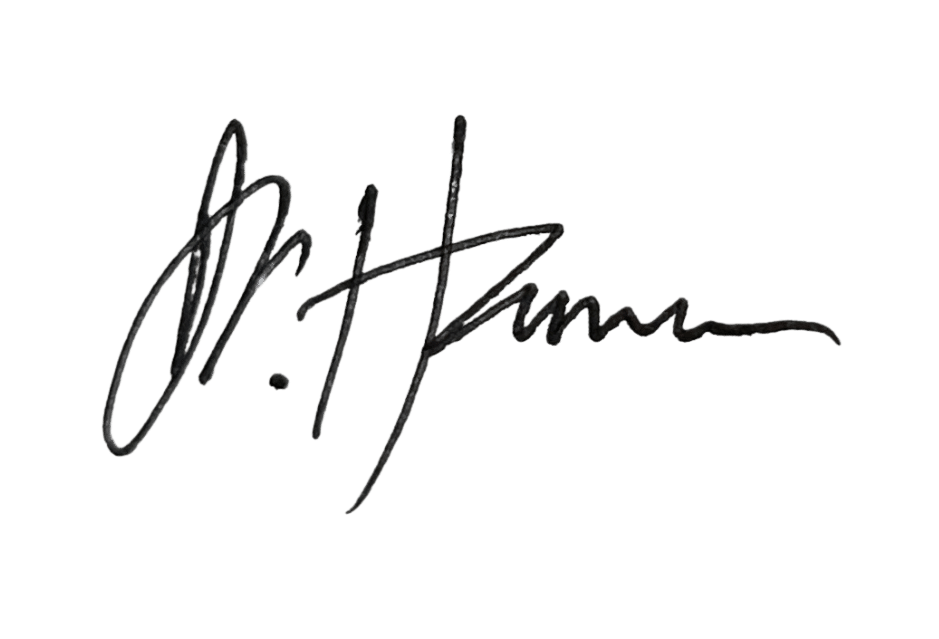
Connect with Dr. Hannan!
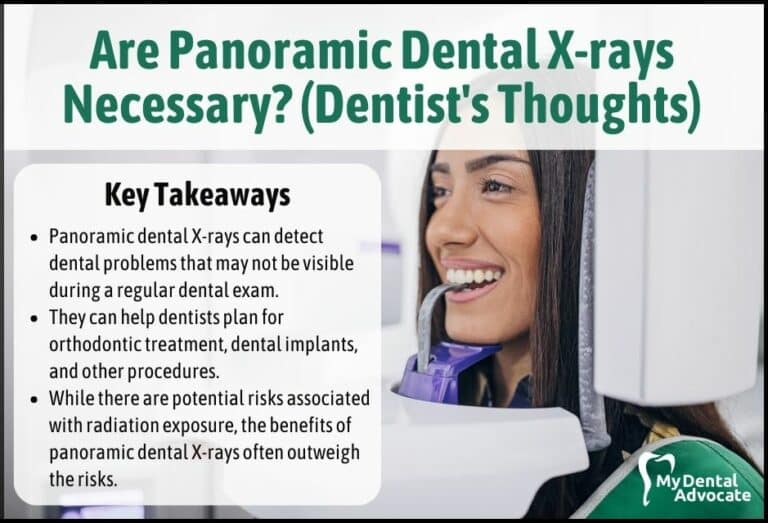
Are Panoramic Dental X-rays Necessary? (Dentist’s Thoughts)
Panoramic dental X-rays provide a comprehensive view of the mouth, capturing teeth, jawbones, and more. While not essential for everyone, they help diagnose unseen dental issues, like impacted teeth, cysts, and tumors. They also aid in planning treatments like orthodontics and dental implants. However, some have concerns about radiation exposure. Let’s take a closer look at the benefits of panoramic dental x-rays.
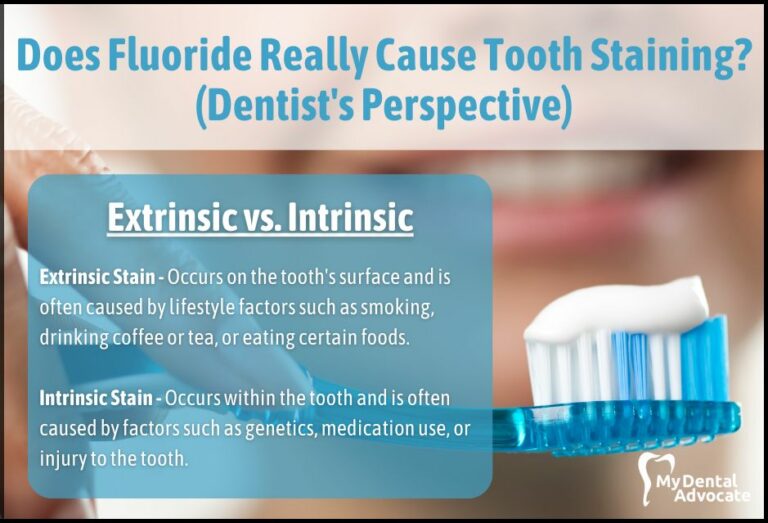
Does Fluoride Cause Tooth Staining? (Expert Advice)
Fluoride is a superhero in fighting tooth decay, but does it come with a catch? Some people worry that using fluoride can lead to unsightly tooth stains. In this post, we’ll explore the science behind fluoride and tooth staining…
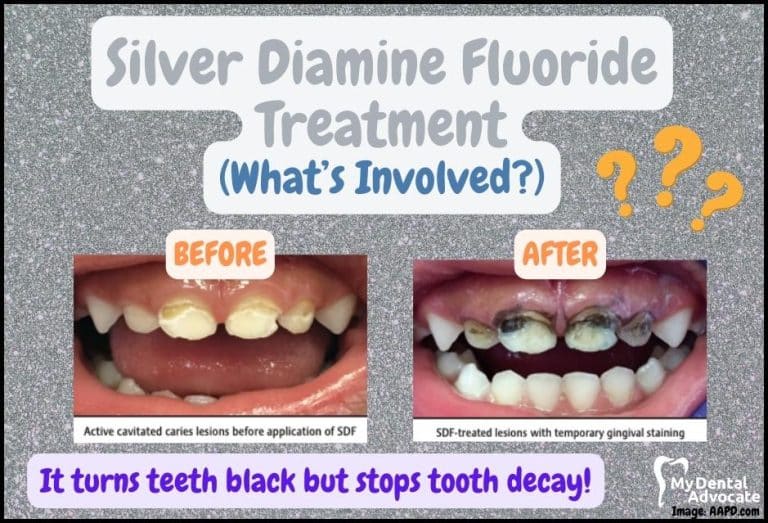
Silver Diamine Fluoride Treatment (What’s Involved?)
According to the CDC, cavities are one of the greatest unmet dental needs. Did you know half of all children have had or will have a cavity? Unfortunately, filling a cavity is a process that requires time out of your schedule and is costly. Silver diamine fluoride treatment can arrest…
Gain Clarity with Our FREE Second Opinion Guide
Receive clear, expert second opinions online within 48 hours. Start today!
Product Reviews
Our 250+ dental product reviews (and counting), curated by an experienced dentist, are the most comprehensive online.
Toothbrush Genie
State-of-the-art chatbot designed to help you discover your perfect toothbrush in just a few simple steps!
Cavity Risk Assessment
Cutting-edge digital tool designed to evaluate your individual cavity risk based on your responses to a series of questions.
Gum Disease Assessment
Discover your gum disease risk with our quick and engaging 6-question assessment!
